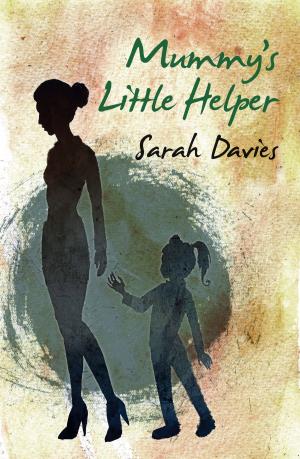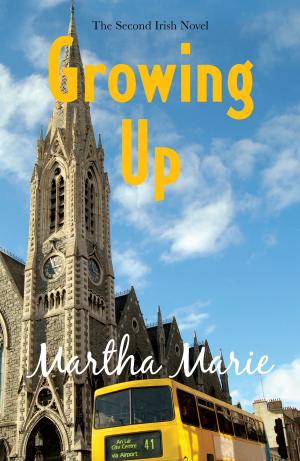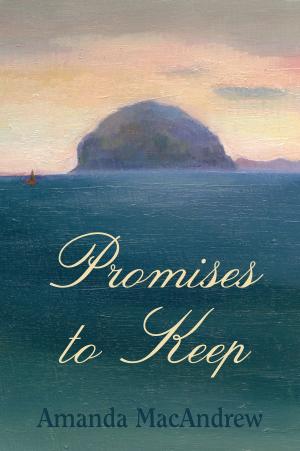| Author: | Geoff Akers | ISBN: | 9781908557728 |
| Publisher: | Amolibros | Publication: | November 3, 2014 |
| Imprint: | Smashwords Edition | Language: | English |
| Author: | Geoff Akers |
| ISBN: | 9781908557728 |
| Publisher: | Amolibros |
| Publication: | November 3, 2014 |
| Imprint: | Smashwords Edition |
| Language: | English |
It is the summer of 1917. Isaac Rosenberg has been on the Western Front for over a year, having barely survived a terrible winter on the Somme. Temporarily attached to the Royal Engineers, he helps load barbed wire on limbers, hauls it by mule train up to the front at night, and repairs damage to barricades in no-man’s land. Although highly dangerous, Rosenberg views his lot as much improved, and he finds more time to write.
From his upbringing in the slums of Whitechapel, to his futile death in the killing fields of Europe, the author explores the evolution of a writer whose war poetry is now widely acknowledged as among the finest ever written.
Paradoxically, while Rosenberg’s physical and mental health were on the wane, his terrible experiences on the Western Front appeared to boost the power and originality of his work. Throughout the novel, the reader is given insight into the troubled psyche of a poet who, despite living in constant fear and subject to the contempt of his peers, still managed to retain a highly original perspective on mankind’s descent into darkness.
Beating for Light blends fact and fiction in a way which moves beyond the biographical, breathing life into the fears and aspirations of a great artist while, simultaneously, providing a fascinating insight into one of history’s greatest watersheds.
“A great theme and taut story telling: I much enjoyed it.” Andrew Marr
“Isaac Rosenberg was one of the great soldier poets of the First World War. Unlike Siegfried Sassoon, Wilfred Owen, Edmund Blunden and Robert Graves, he was not an officer but a private soldier. He was also Jewish. He died obscurely in the German offensive of March 1918. I hope that this illuminating book will help restore him to a deserved position of honour and equality with the others.” Martin Bell
“This is a powerful and very moving account of the life and death of a Jewish poet who had already suffered so much and then joined the army only to experience the horror and brutality of the trenches, dying there as millions did. The novel tells us so much about persecution and despair in the life of one very talented young man, cut down before his full talents could be developed and recognised.” Tony Benn
It is the summer of 1917. Isaac Rosenberg has been on the Western Front for over a year, having barely survived a terrible winter on the Somme. Temporarily attached to the Royal Engineers, he helps load barbed wire on limbers, hauls it by mule train up to the front at night, and repairs damage to barricades in no-man’s land. Although highly dangerous, Rosenberg views his lot as much improved, and he finds more time to write.
From his upbringing in the slums of Whitechapel, to his futile death in the killing fields of Europe, the author explores the evolution of a writer whose war poetry is now widely acknowledged as among the finest ever written.
Paradoxically, while Rosenberg’s physical and mental health were on the wane, his terrible experiences on the Western Front appeared to boost the power and originality of his work. Throughout the novel, the reader is given insight into the troubled psyche of a poet who, despite living in constant fear and subject to the contempt of his peers, still managed to retain a highly original perspective on mankind’s descent into darkness.
Beating for Light blends fact and fiction in a way which moves beyond the biographical, breathing life into the fears and aspirations of a great artist while, simultaneously, providing a fascinating insight into one of history’s greatest watersheds.
“A great theme and taut story telling: I much enjoyed it.” Andrew Marr
“Isaac Rosenberg was one of the great soldier poets of the First World War. Unlike Siegfried Sassoon, Wilfred Owen, Edmund Blunden and Robert Graves, he was not an officer but a private soldier. He was also Jewish. He died obscurely in the German offensive of March 1918. I hope that this illuminating book will help restore him to a deserved position of honour and equality with the others.” Martin Bell
“This is a powerful and very moving account of the life and death of a Jewish poet who had already suffered so much and then joined the army only to experience the horror and brutality of the trenches, dying there as millions did. The novel tells us so much about persecution and despair in the life of one very talented young man, cut down before his full talents could be developed and recognised.” Tony Benn















